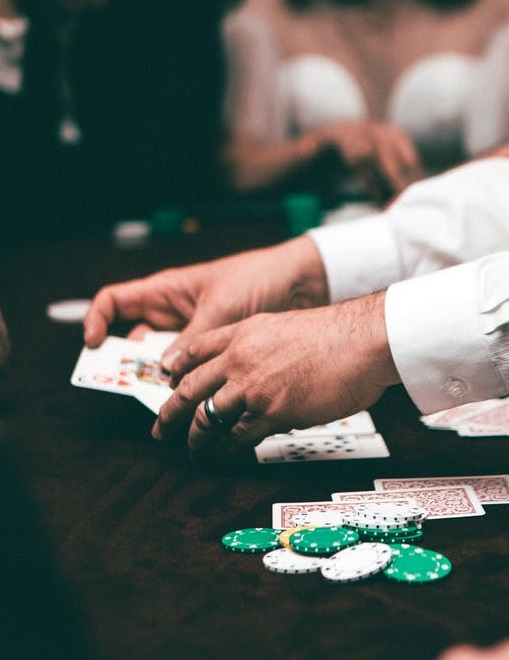 Some people believe that poker has always been around and part of the global stage. But when Captain Jean-Luc Picard, Data, and the rest of the Star Trek crew played it on the Enterprise in the 1980s, it was still pretty niche. The game didn’t command the kind of attention that it does today.
Some people believe that poker has always been around and part of the global stage. But when Captain Jean-Luc Picard, Data, and the rest of the Star Trek crew played it on the Enterprise in the 1980s, it was still pretty niche. The game didn’t command the kind of attention that it does today.
So why is poker so popular? Why do we now have entire TV channels, programs, and tournaments dedicated to it?
It’s Stranger Than Fiction
Poker isn’t just an exciting card game. Because of the size of the cash prizes associated with it, it also creates interesting stories.
The game isn’t yet elitist. Thus, you can have people with no formal training rocking up to tournaments and winning millions of dollars.
It’s this underdog story that makes the game so enjoyable. Players with a certain skill can waltz into a room, play against the finest in the world, and win. It’s quite a remarkable phenomenon.
Take World Series Poker winner, Paul Phua. Back in 2012, he attended a tournament and walked away with more than a million dollars. He then made millions more, starting a website that educates others on how to get better at poker.
It Trains The Brain
Here’s another reason poker is so popular: it trains the brain – and in more ways than one.
Yes – there’s a probability element to poker. You know that if you have a specific assortment of cards, you’re more likely to win.
However, there’s a social angle to it too. In poker, you’re continually trying to convince other players that you have a different hand from the one you actually have. Everyone is trying to figure out what everyone else has and using whatever psychological tricks they can to gain an insight.
This sort of activity really hones the senses and trains the brain. After a while, it can become addictive, and you have people staying up all night to play the game online or with their buddies.
It’s Entered The Language
Poker is also a big part of the language these days. Expressions such as “poker face” are integral parts of the modern lexicon.
It Has An Interesting History
Many people who get heavily involved in poker like to explore the card game’s interesting history.
It began in the 19th century in New Orleans and then slowly spread across the country to the rest of the world. However, the early version was quite different from the one we play today with a 52-card deck and mass-produced chips.
From the start, there were poker stars – people who seemed to be able to play the game at a higher level than their rivals. Poker Alice, for instance, managed to sweep most of the west coast, scooping massive prizes along the way.
All of this means that poker has become part of the zeitgeist. People love the game. And now it is hard to imagine pop culture without it. The number of films that rely on the card game to move the plot forward is staggering.

